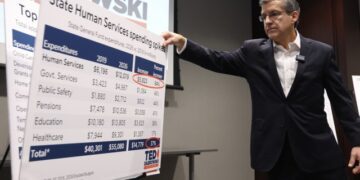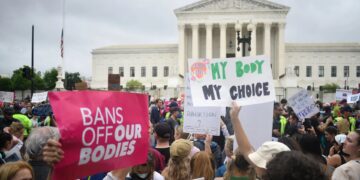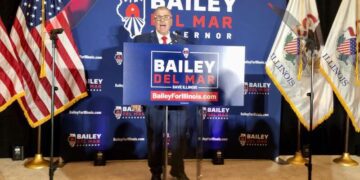By James P. Economos, DDS, Opinion Contributor
There’s been constant debate over Illinois’ pension system – and for good reason. It remains chronically underfunded and plagued with issues not seen in many other states. Much of the problem stems from retroactive changes made to older pension plans. When these plans were originally created, they came with certain guarantees. Unfortunately, instead of preserving the integrity of these existing plans, changes were made that destabilized them. I experienced this firsthand with my own Defined Benefit Plan.
These changes were part of national policy shifts, but Illinois failed to respond appropriately. Instead of adjusting and funding the system responsibly, state leaders – especially Democrats in power – redirected pension money toward other expenditures.
When lawmakers later tried to walk back the damage, the Illinois Supreme Court ruled in 2015 that they could not alter benefits for existing participants. However, no meaningful reform followed. For example, going forward, new participants should have been enrolled in defined-contribution plans like 401(k)s, leaving legacy plans untouched. These new plans place more responsibility on the individual rather than solely relying on taxpayer dollars, helping reduce the long-term burden on the state.
Contrast this with our neighbors to the north. Wisconsin has managed its pension system with fiscal discipline. The Wisconsin Retirement System (WRS) covers most state and local government employees – excluding Milwaukee County – and remains fully funded and stable. How? Through a shared contribution model: both employees and employers pay into the system, with only slight differences for first responders. This approach brings transparency and accountability, making it clear that improved benefits come at a cost both sides share.
Meanwhile, Illinois’ pension system remains in disarray. It’s a cautionary tale of what happens when political leadership prioritizes short-term gains over long-term responsibility. If voters continue to reelect the same officials who created and worsened this crisis, Illinois risks falling even further behind – potentially becoming the worst-run state in the nation.
It’s time for Illinois residents to demand better governance and elect leaders committed to real reform.









